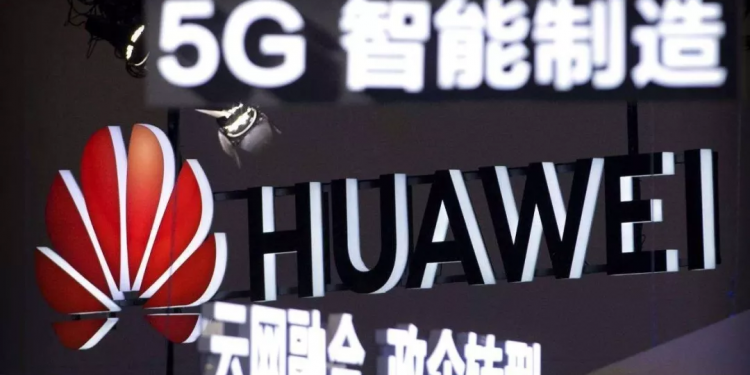In yet another twist in the U.S./China/Huawei saga, it turns out that the Trump administration may not be able to relax restrictions on Huawei after all—that is, without the express consent of Congress. A group of senators is looking to push legislation that would limit Trump’s power: The Defending America’s 5G Future Act.
If the legislation is approved, this would mean that the U.S. Department of Commerce will not be able to remove the Chinese tech giant from its “Entity List”, which is effectively a blacklist which carries a presumption of denial when it comes to entities on it (companies on the list require express approval to purchase U.S. tech).
The senators and lawmakers that signed the bill have been trying to prevent Chinese companies such as Huawei and ZTE from entering the U.S. 5G market. Previously, Senator Mark Rubio has publicly disagreed with the move to lighten the restrictions on Huawei as “a catastrophic mistake”.
Why?
According to Senator Mitt Romney, who is co-sponsoring the Senate version of the legislation:
“We must make a concerted effort to confront the threat China poses to U.S. national security, intellectual property, and technology. Our bill will prohibit U.S.-based companies from doing business with Huawei until they no longer pose a national security threat.”
But it all boils down to this. The senators still feel, as a whole, that Chinese companies such as Huawei and even ZTE with their 5G potential, pose a significant threat to U.S. national security. They even went so far as to reiterate the belief that Huawei has ties to the Chinese government:
“Huawei isn’t a normal business partner for American companies, it’s a front for the Chinese Communist Party. Our bill reinforces the president’s decision to place Huawei on a technology blaklist. American companies shouldn’t be in the business of selling our enemies the tools they’ll use to spy on Americans.”
– Senator Tom Cotton
Related reading
[ SOURCE ]








